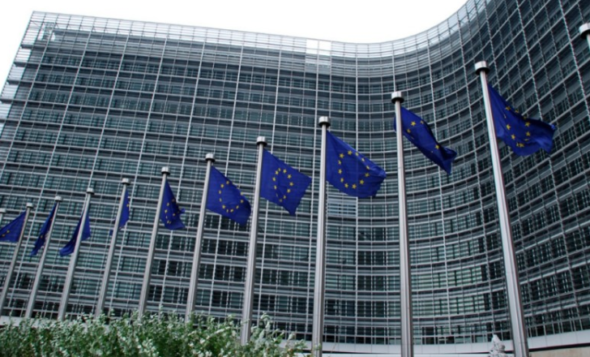What goes on in Poland on the 31st of March.
V4 and Bulgaria’s prime ministers sent a letter to the EC on CO2 emissions
The Prime Ministers of the Visegrad Group (V4) and Bulgaria wrote a letter to the head of the European Commission Ursula von der Leyen and the head of the European Council Charles Michel. In the document, they refer to emissions in sectors not covered by the European Emissions Trading System (ETS). They indicate that a change in regulations could increase the risk of energy poverty in low-income EU countries.
The prime ministers point out that the principle of fair burden-sharing outside the ETS was crucial to achieving social and political acceptance each time a new overall EU target was introduced. The main demands of the prime ministers included in the letter were to maintain the existing scope of sectors not covered by the EU trading system and to maintain the rules for setting national emission reduction targets. „We should not change one of the most fundamental principles during the implementation period, which in this case has already started. The European Council of December 2020 did not set a completely new overall target, but increased the existing one, with clearly defined bases to be kept. There are economic and social reasons for this,” the letter reads. The signatories also state that these should reflect the foundations of the EU climate policy – fairness, solidarity, fair burden-sharing in terms of emission reduction, as well as respect for the different starting positions and specific national circumstances of each Member State. These are important elements in shaping the EU climate policy.
„Member States that are allowed to increase their non-ETS emissions by 2020 are in a more difficult starting position compared to those Member States that are already on emission reduction pathways as they have to significantly shift their emissions trajectory outside of the ETS between both periods (2013-2020 and 2021-2030),” the state leaders write. „Without preserving the existing rules, low-income Member States would have to reduce emissions significantly more than high-income Member States. This may threaten their growth and economic recovery,” they point out.









